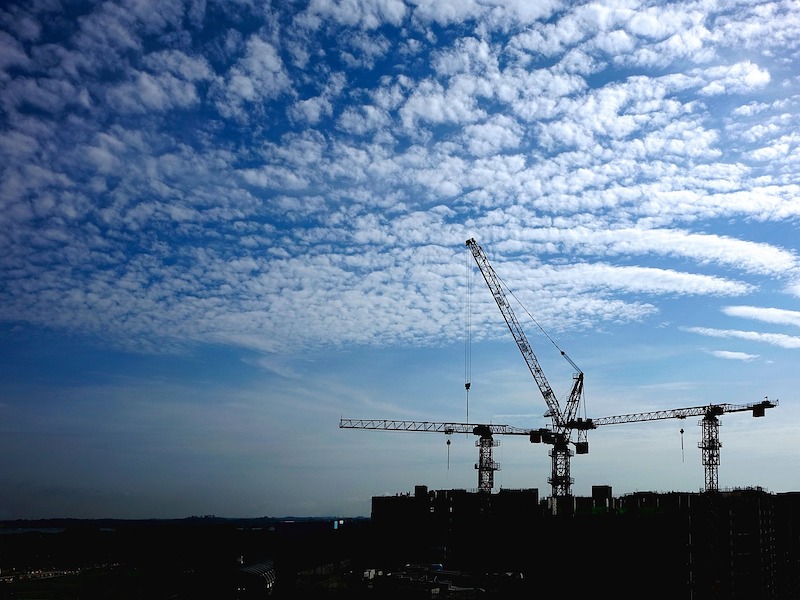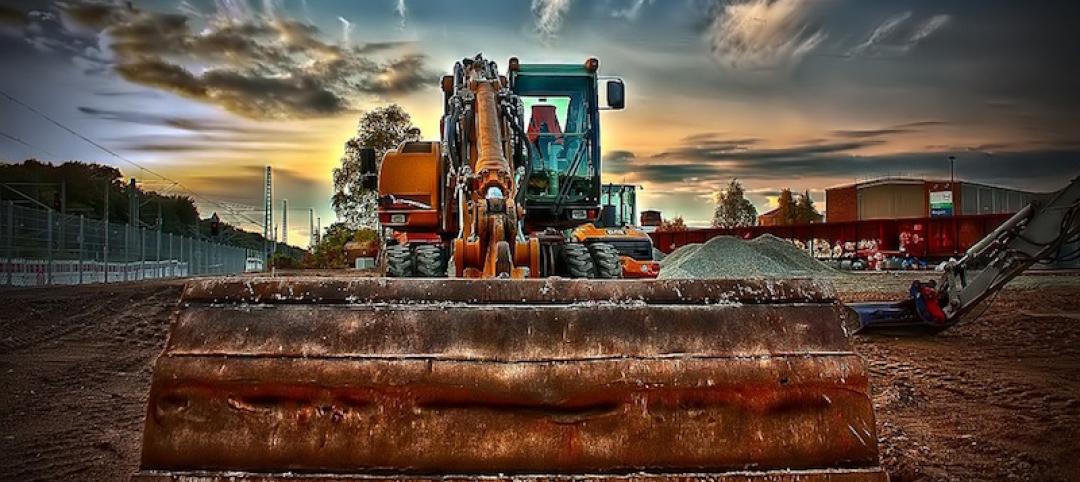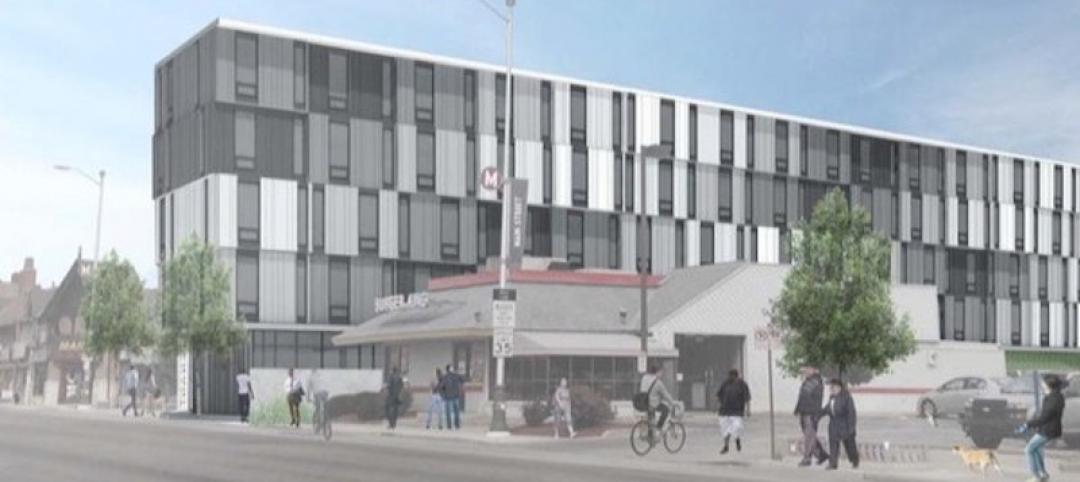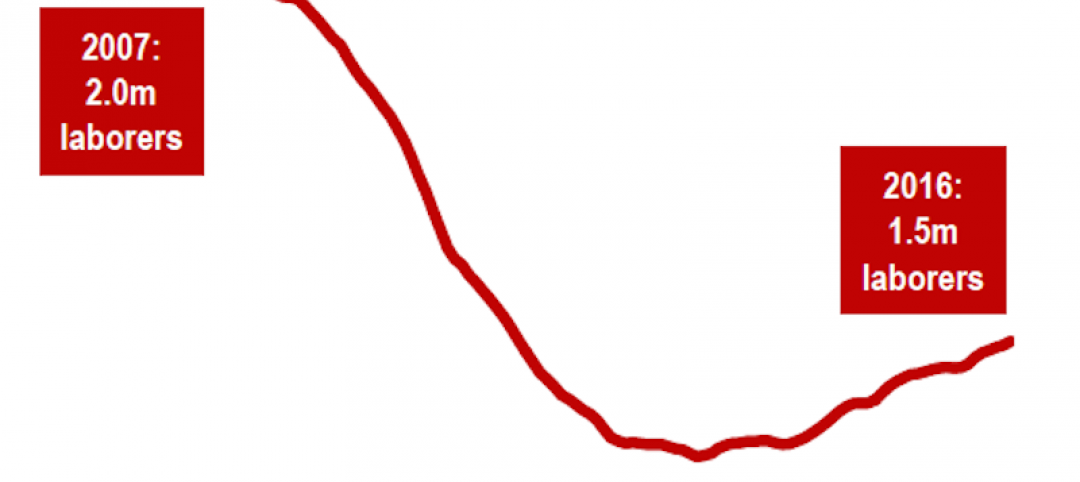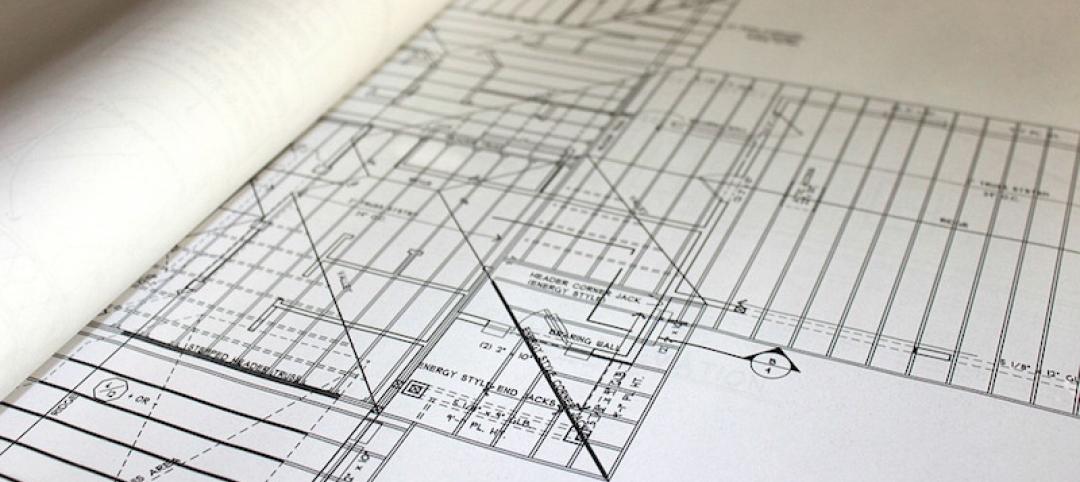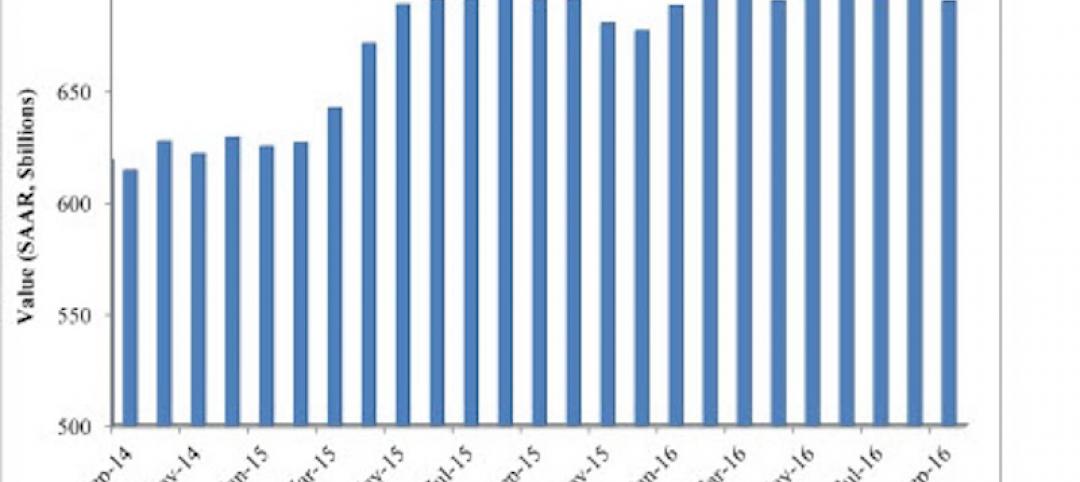Construction employment increased by 51,000 jobs in December, with gains for nonresidential as well as residential contractors, according to an analysis by the Associated General Contractors of America of government data released today. Association officials cautioned, however, that its latest survey shows widespread pessimism among contractors about the volume of work available in 2021, and they urged lawmakers to focus on measures designed to rebuild the economy and demand for construction.
“December’s employment gains likely reflect milder weather than usual for the month rather than sustained demand for projects,” said Ken Simonson, the association’s chief economist. “In fact, our survey found contractors expect the volume of work is likely to decline for nearly all nonresidential project types, and most firms have experienced project cancellations or postponements.”
Construction employment climbed to 7,413,000 in December, an increase of 0.7% compared to November. However, employment in the sector remains down by 226,000 or 3.0% since the most recent peak in February.
Residential construction has weathered the pandemic much better than nonresidential segments, Simonson added. While both parts of the industry had huge job losses from the pre-pandemic peak in February to April, residential building and specialty trade contractors have now recouped all of the employment losses they incurred. In contrast, nonresidential construction employment—comprising nonresidential building, specialty trades, and heavy and civil engineering construction—was 241,000 lower in December than in February.
Unemployment in construction nearly doubled in 2020. The industry’s unemployment rate in December was 9.6%, compared to 5.0% in December 2019. A total of 930,000 former construction workers were unemployed, up from 489,000 a year earlier. Both figures were the highest for December since 2013.
The association’s 2021 Construction Hiring and Business Outlook Survey found that 78% of contractors reported a project had been canceled or postponed, while only 25% reported winning new or additional work as a result of the pandemic, the economist noted. He said that suggests many firms will have to lay off employees once current projects wrap up. The survey included responses from more than 1,300 contractors that perform all types of construction other than homebuilding.
Association officials urged the new Congress and incoming Biden administration to enact measures to boost investments in all manner of public infrastructure. They added that Washington needs to backfill depleted state and local construction budgets so those new federal infrastructure investments can be more effective in boosting demand and construction employment.
“As Washington officials pivot from providing pandemic relief to focusing on rebuilding the economy, infrastructure needs to be at the top of their agenda,” said Stephen E. Sandherr, the association’s chief executive officer. “There is a real chance to come out of the pandemic with a stronger and more efficient economy fs we can act now to rebuild aging and over-burdened infrastructure.”
Related Stories
Market Data | Nov 30, 2016
Marcum Commercial Construction Index reports industry outlook has shifted; more change expected
Overall nonresidential construction spending in September totaled $690.5 billion, down a slight 0.7 percent from a year earlier.
Industry Research | Nov 30, 2016
Multifamily millennials: Here is what millennial renters want in 2017
It’s all about technology and convenience when it comes to the things millennial renters value most in a multifamily facility.
Market Data | Nov 29, 2016
It’s not just traditional infrastructure that requires investment
A national survey finds strong support for essential community buildings.
Industry Research | Nov 28, 2016
Building America: The Merit Shop Scorecard
ABC releases state rankings on policies affecting construction industry.
Multifamily Housing | Nov 28, 2016
Axiometrics predicts apartment deliveries will peak by mid 2017
New York is projected to lead the nation next year, thanks to construction delays in 2016
Market Data | Nov 22, 2016
Construction activity will slow next year: JLL
Risk, labor, and technology are impacting what gets built.
Market Data | Nov 17, 2016
Architecture Billings Index rebounds after two down months
Decline in new design contracts suggests volatility in design activity to persist.
Market Data | Nov 11, 2016
Brand marketing: Why the B2B world needs to embrace consumers
The relevance of brand recognition has always been debatable in the B2B universe. With notable exceptions like BASF, few manufacturers or industry groups see value in generating top-of-mind awareness for their products and services with consumers.
Industry Research | Nov 8, 2016
Austin, Texas wins ‘Top City’ in the Emerging Trends in Real Estate outlook
Austin was followed on the list by Dallas/Fort Worth, Texas and Portland, Ore.
Market Data | Nov 2, 2016
Nonresidential construction spending down in September, but August data upwardly revised
The government revised the August nonresidential construction spending estimate from $686.6 billion to $696.6 billion.


